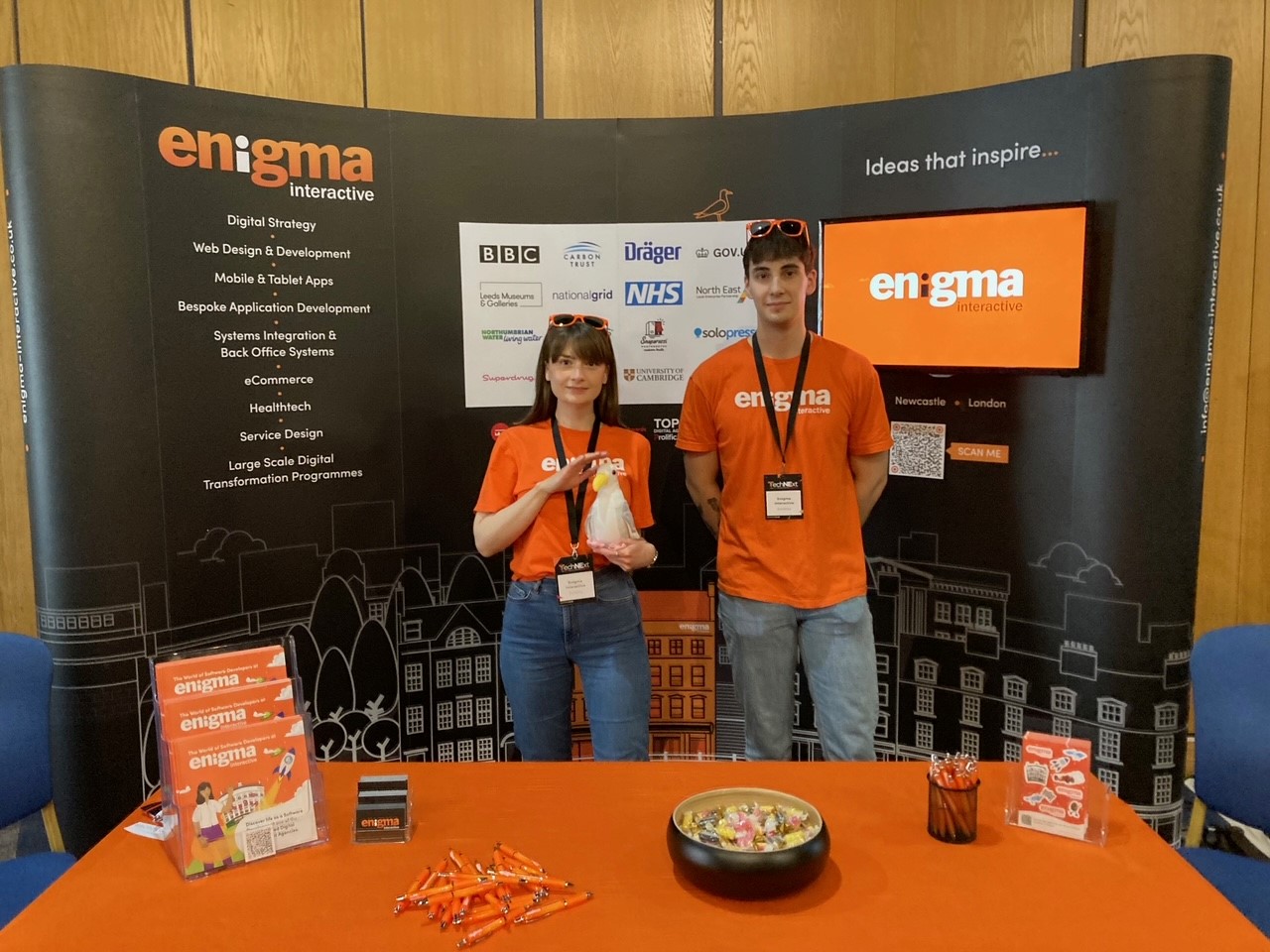Job Title: Graduate Data Solution Engineer (Newcastle)
About Us:
Graduate Programme Overview:
We are excited to launch our Graduate Data Solution Engineer programme, starting in September 2025, with an assessment centre scheduled for June 2025. This hands-on, immersive programme is designed to give recent graduates the opportunity to work alongside experienced data solution engineers, contributing to bespoke and partnership engagements with our clients across a wide range of industry sectors.
You will receive comprehensive training in data engineering, data architecture, cloud data platforms, specialist data solution testing and QA, and consulting skills, helping you to build a strong foundation for a successful career in data solutions. Graduates will also have opportunities to get involved with our suite of data platform products, Seriös ONE.
What You’ll Be Doing:
1. Hands-on Data Solution Delivery:
- Work alongside experienced data solution engineers on client projects, supporting the delivery of data pipelines, integrations, and transformations.
- Assist in the development, testing, and deployment of data solutions across a variety of industry sectors.
- Gain exposure to end-to-end data solution lifecycles, from requirements gathering to implementation and support.
2. Training & Development:
- Participate in structured training sessions covering data engineering, data architecture, cloud data platforms (e.g., AWS, Azure, GCP), specialist data solution testing and QA, and modern data tools.
- Receive coaching and mentorship from senior engineers and data architects.
- Develop consulting and client-facing skills to effectively work within a professional services environment.
3. Client Engagement and Collaboration:
- Work on bespoke and partnership engagements with enterprise clients, helping them solve complex data challenges.
- Participate in client meetings and workshops, gaining an understanding of client requirements and how data solutions align with business goals.
- Collaborate closely with cross-functional teams, including data engineers, solution architects, test engineers, and QA specialists, to deliver high-quality solutions.
4. Exposure to Data Platform Products:
- Gain hands-on experience with our suite of data platform products, Seriös ONE, contributing to product development, testing, and enhancement activities.
- Collaborate with product teams to understand how Seriös ONE addresses complex data challenges and supports client needs.
5. Learning & Innovation:
- Stay up to date with the latest trends and advancements in data engineering, cloud platforms, and data analytics.
- Contribute ideas and solutions to improve internal processes, tools, and frameworks.
- Embrace a continuous learning mindset, taking advantage of development opportunities throughout the programme.
What We’re looking For:
- A recent graduate (or expected to graduate by Summer 2025) with a degree in Computer Science, Data Science, Engineering, Mathematics, or a related field.
- A genuine passion for data, technology, and solving real-world business problems.
- Strong problem-solving and analytical skills, with a keen eye for detail.
- A proactive and curious mindset with a desire to continuously learn and improve.
- Strong interpersonal and communication skills, with the ability to work effectively in a team-oriented environment.
- Some exposure to programming languages such as Python, SQL, or Java (coursework, personal projects, or internships) is advantageous.
- Interest or experience with cloud platforms (AWS, Azure, GCP) is a plus.
What We Offer:
- A hands-on, structured graduate programme with real client project experience.
- Comprehensive training in data engineering, architecture, cloud platforms, specialist data solution testing and QA, and consulting skills.
- Mentorship from experienced data solution engineers and architects.
- Opportunities to work with our data platform products, Seriös ONE.
- Competitive salary and benefits package.
- A collaborative and innovative working environment that values diversity and creativity.
- Flexibility with hybrid/remote working arrangements.
- Opportunities for growth and progression within the company upon successful completion of the programme.
Graduate Assessment Centre:
- The assessment centre will be held in June 2025 and will include group exercises, technical challenges, and interviews with members of our team.
- Shortlisted candidates will be invited to attend and provided with all necessary information in advance.
Click here to apply: Graduate Data Solution Engineer | Seriös Group




